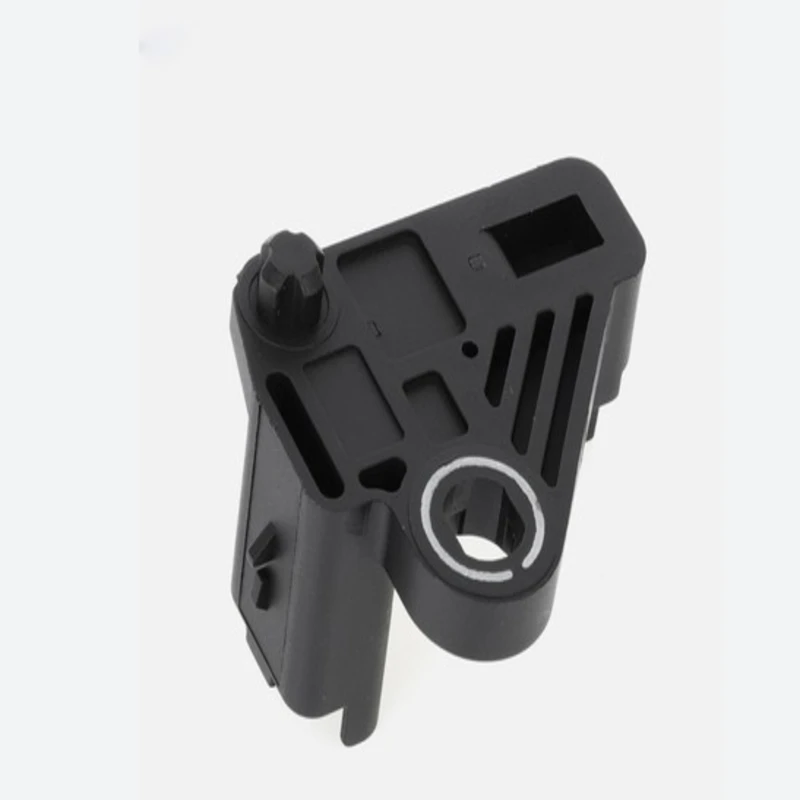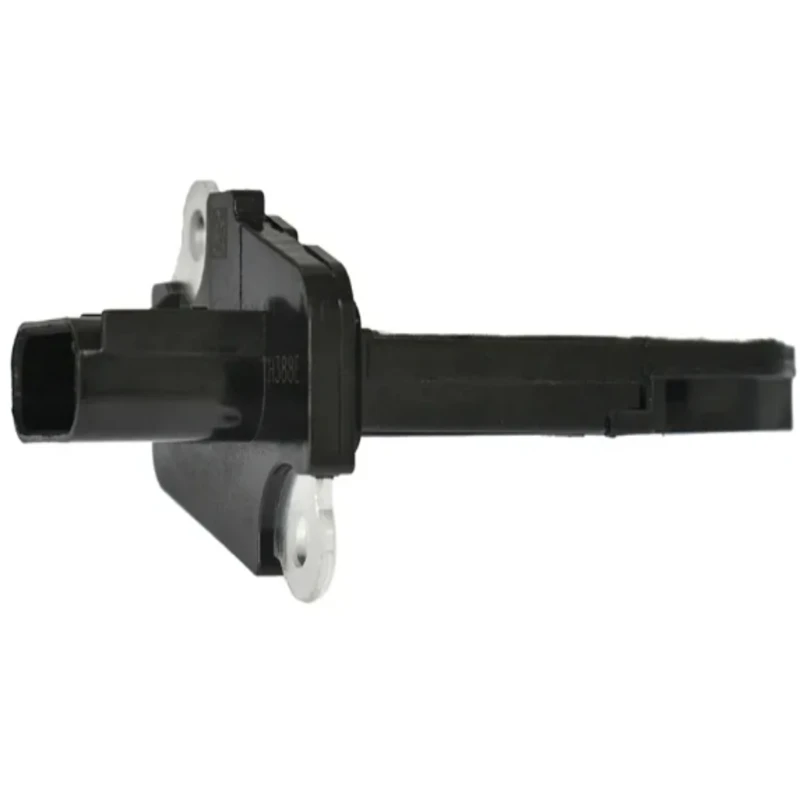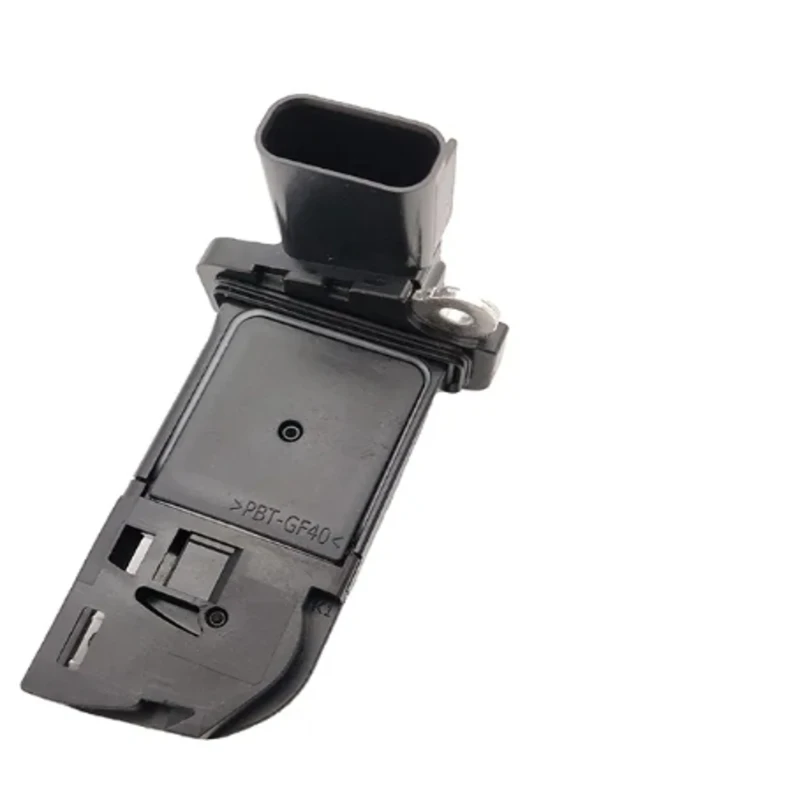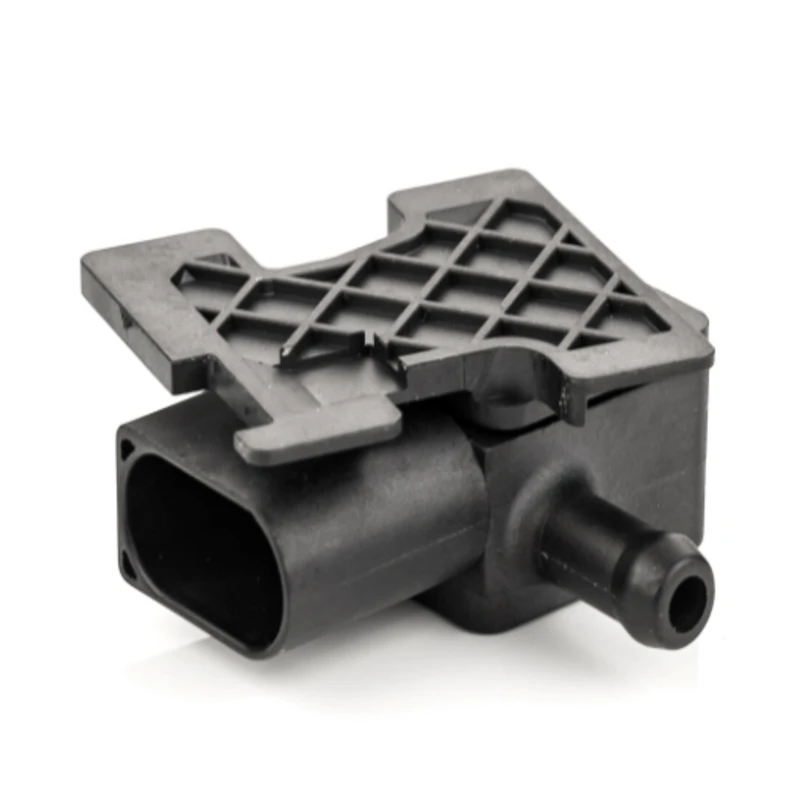Call us: +86-137-2353-4866
Modern internal combustion and hybrid engine systems demand exceptional precision to meet performance targets, fuel efficiency standards, and stringent emissions regulations. Direct measurement of force and pressure at critical points within the engine and powertrain provides the high-fidelity data required for advanced control and diagnostic systems. SOUSHINE develops and manufactures robust Force Sensing Resistors (FSR) that integrate directly into engine components, offering reliable and accurate data for the most demanding automotive environments.
What are Force Sensors in Engine Management Systems?
A force sensor, specifically a Force Sensing Resistor (FSR), is a thin, flexible, and durable polymer thick-film (PTF) device that exhibits a decrease in electrical resistance when a force or pressure is applied to its active surface.
In the context of engine systems, these sensors are engineered to operate under conditions of high temperature, significant vibration, and exposure to automotive fluids. They are designed to measure compression, tension, or pressure on components, converting these physical parameters into a quantifiable electrical signal for the Engine Control Unit (ECU).


How Force Sensors Are Applied to Optimize Engine Performance
The integration of FSR technology provides direct, real-time feedback that enables more sophisticated and adaptive engine control strategies.
- Monitoring Powertrain Component Load: Force sensors can be placed on engine mounts, transmission components, or belt tensioners to monitor operational loads and vibrations in real-time. This data is invaluable for predictive maintenance algorithms and for developing active damping systems to improve vehicle NVH (Noise, Vibration, and Harshness).
- Fuel Injection & Delivery Systems: FSRs can be integrated into fuel system components to monitor pressure with high accuracy. This data allows the ECU to make micro-adjustments to fuel injector timing and duration, ensuring an optimal air-fuel ratio. The direct benefit is improved combustion efficiency, leading to increased power output and reduced fuel consumption.
- Throttle Body and Actuator Control: By embedding force sensors into throttle mechanisms or other actuators, it is possible to get direct feedback on the force being applied. This closes the control loop, allowing for more precise and responsive throttle control compared to systems that rely solely on position sensors.
- Combustion Analysis: In advanced research and diagnostic applications, FSRs can be configured to measure cylinder pressure dynamics. This information is critical for analyzing combustion quality, detecting abnormalities like engine knock or misfire, and developing more efficient engine designs.
Why Use SOUSHINE FSR Technology for Engine Applications?
SOUSHINE’s force sensors provide distinct technical advantages over traditional sensing technologies like strain gauges or piezoelectric sensors in many engine-related applications.
- No Complex Signal Conditioning: The output of an FSR is a simple resistive change, requiring less complex and more cost-effective interface electronics compared to other sensor types.
- High Durability: Engineered to withstand the extreme temperatures, cyclical loading, and chemical exposure inherent to powertrain environments.
- Minimal Profile and Low Mass: The ultra-thin and flexible nature of FSRs allows for integration into space-constrained locations without altering the mass or dynamics of the host component.
- Design Versatility: We can customize the sensor’s shape, size, and force sensitivity range to meet the specific requirements of your application, from measuring minute pressure changes to significant component loads.
- Cost-Effective Solution: FSR technology provides a highly reliable and accurate sensing solution with a competitive cost structure, particularly for high-volume automotive production.


Our Engineering and Manufacturing Process
At SOUSHINE, we partner with automotive engineers and Tier 1 suppliers from concept to production. Our process includes:
- High-Volume Production: Our state-of-the-art manufacturing facilities ensure consistent quality and scalability for mass production.
- Application Requirement Analysis: We work with your team to define the specific force range, operating environment, and performance targets.
- Custom Sensor Design & Prototyping: Our engineers design a sensor optimized for your mechanical and electrical interface.
- Rigorous Validation & Testing: Prototypes undergo extensive testing to validate performance against automotive standards for thermal shock, vibration, and durability.
Display
FAQ
What is the typical operating temperature range for SOUSHINE’s automotive-grade force sensors?
Our standard automotive-grade sensors are designed to operate reliably in temperatures ranging from -40°C to +105°C. Custom solutions for higher temperature applications can also be developed based on specific project requirements.
How do your FSRs resist oil, fuel, and other automotive chemicals?
Our sensors are encapsulated in robust, chemically-resistant materials such as polyimides and specialized adhesives. The specific material selection is based on the application’s chemical exposure profile to ensure long-term stability and performance.
Can these sensors be used to detect engine knock?
While engine knock is typically detected by accelerometers or acoustic sensors, high-sensitivity FSRs configured for dynamic pressure measurement can be used in advanced engine development and testing to analyze combustion events, including pre-ignition and detonation phenomena.
What is the expected lifespan of an FSR in a high-vibration engine environment?
The lifespan is highly dependent on the application’s specific load and frequency profile. However, our FSRs are designed for high durability and are tested for millions of actuations. For a specific application, we can provide detailed durability testing data.
How does the accuracy of an FSR compare to a load cell for engine testing?
While laboratory-grade load cells offer higher absolute accuracy, FSRs provide an excellent combination of repeatability, durability, and cost-effectiveness for embedded, real-time monitoring applications. Their primary strength is providing reliable, dynamic feedback within a control system, rather than serving as a metrology-grade calibration instrument.

